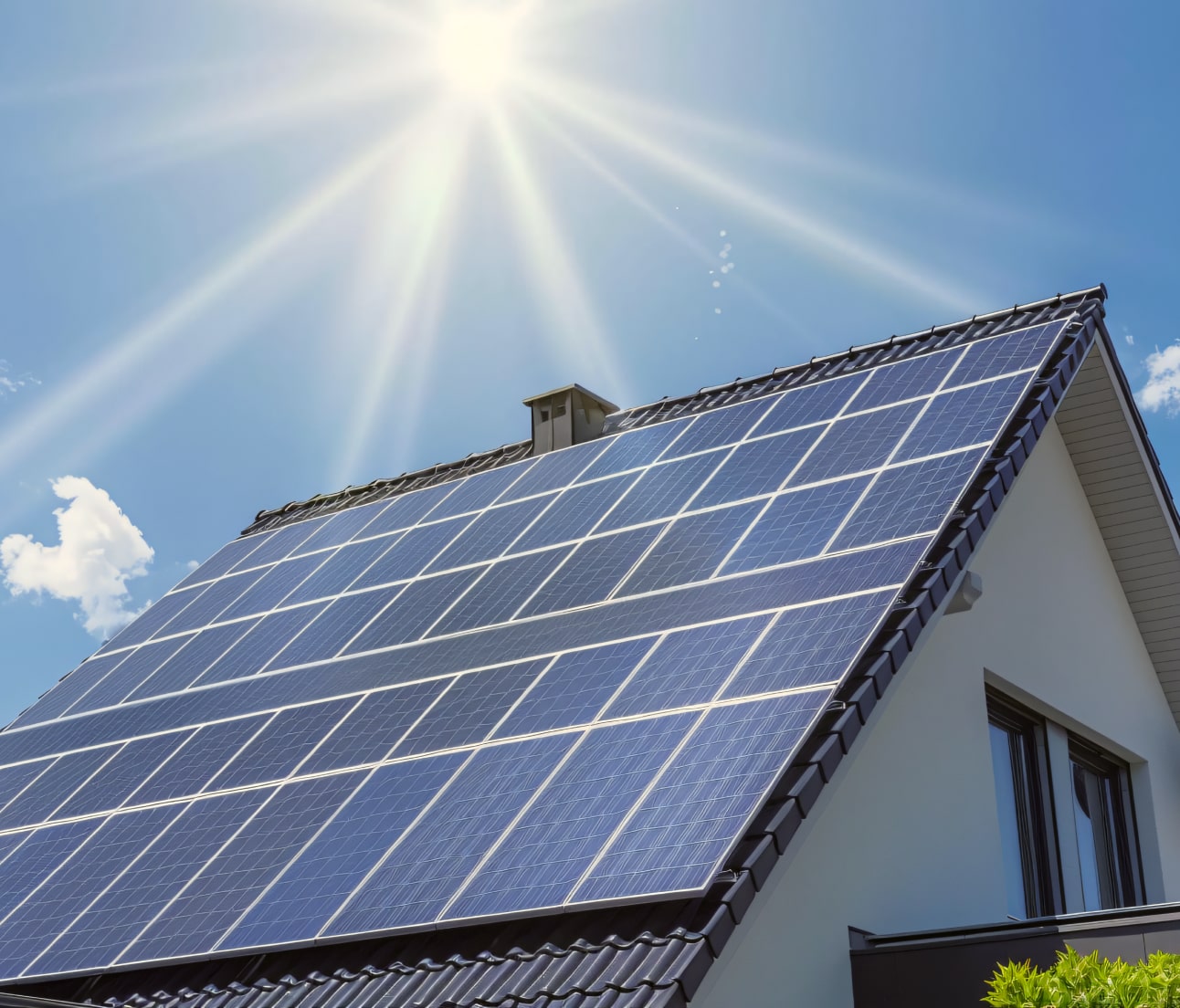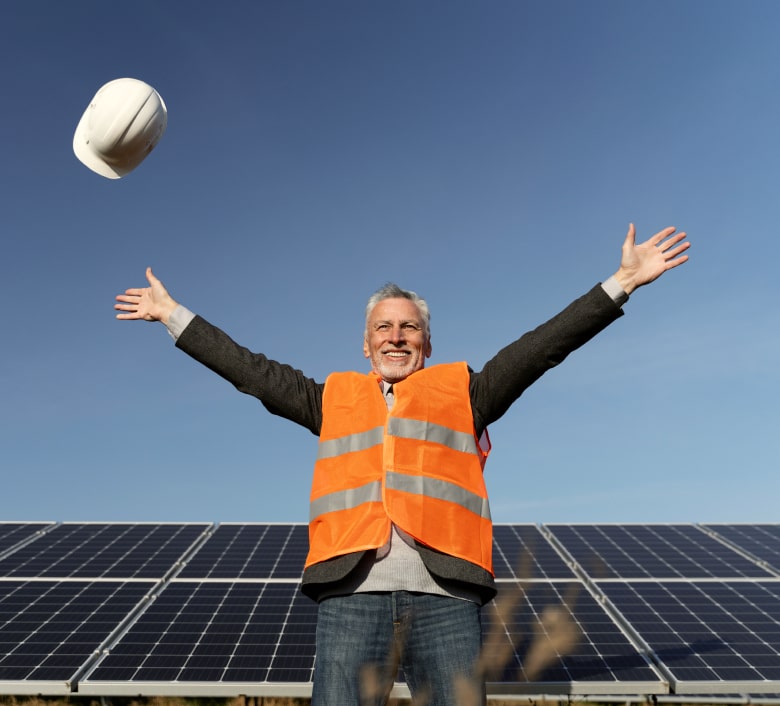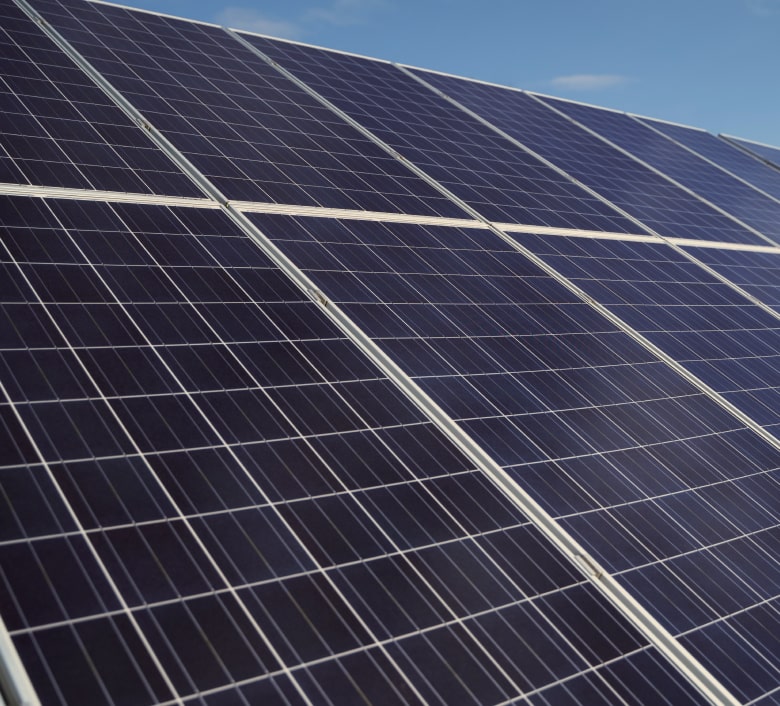 Secure Form
Secure Form

Frequently asked questions
What are the financial benefits?*
What solar incentives are available?**
Will I still receive an electric bill?
What are the environmental benefits?
What size of solar system do I need?
Will my roof qualify for solar?
We work
with 40+ Top
solar companies
We work with the leading solar providers in the country.


Solar panels
in 2026
Solar energy is an appealing option for anyone looking to reduce their utility bills and contribute to a greener environment. Across the U.S., hundreds of thousands of homeowners have gone solar, and you can explore your options to join them.
One reason you may have delayed going solar could be concerns about the initial investment. However, there are various programs that offer rebates, tax credits, and incentives, which can help reduce the upfront expenses of solar panel installations.
Additionally, you can explore ways to manage ongoing costs and potentially shorten the payback period. Flexible financing options may also be available, which may allow you to start without a large initial investment.
What solar incentives Are available?**
The federal investment tax credit (ITC) is available to homeowners who purchase solar energy systems. If you have tax liability, this tax credit allows you to reduce a percentage of the cost of purchasing and installing a solar energy system.
The tax credit can help offset a portion of the investment in solar panels, and if the credit exceeds your tax liability in a given year, it can potentially be carried forward for future use.
Additionally, you may be able to apply the tax credit after factoring in any state-level rebates or incentives that you qualify for, further helping to reduce the overall cost of your solar energy system.

Should you lease or own
A solar system?
Deciding between leasing or owning a solar system depends on your needs. Consider both options based on your financial situation and goals.
Here are some questions to consider?
- Does your roof get exposure to the sun?
- How much shade do you get on your roof?
- Is there an area nearby that gets exposure to the sun?
- Can trees be pruned to allow more sunlight to the solar site?



Get a free solar quote
Florida Clean Energy is a third-party solar energy advocate entirely dedicated to helping consumers navigate the process of researching, financing, and installing solar energy systems. The best way to figure out the solar potential of your home or yard is to sign up for a free estimate. With experts available, we will be able to give you a good estimate of your potential electricity savings.
Go solar today
Learn more about lowering your electric bill while helping the environment.
Start by entering your Zip Code


